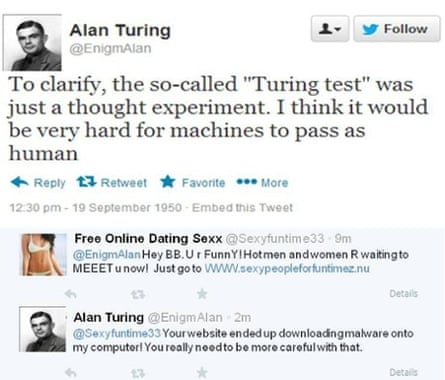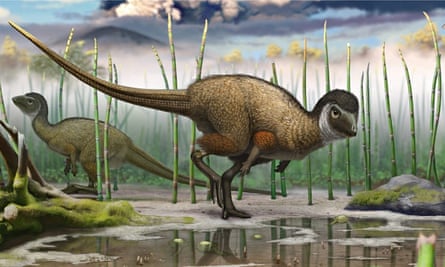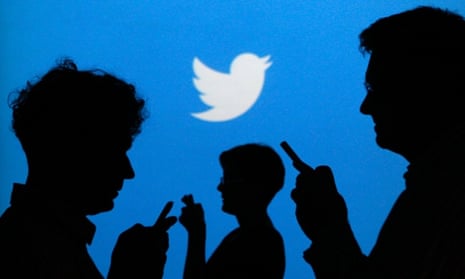Welcome to Signal Boost, our weekly roundup of blog posts over the past week. We also feature our bloggers' favourite pieces of writing from around the internet – enjoy!
Heroics, adventure, capture, and a cat thrown in for good measure. Matthew Flinders is probably the most famous navigator you've never heard of. All that is about to change with the unveiling of a new statue dedicated to him in London this week. Becky Higgitt throws the spotlight on the enigmatic Australian.
For e's a jolly good fellow. Jon Butterworth explains the meaning of exponential, and why e is such a fundamentally important number.
Was Cameron's wolf the last living wild wolf in the UK? Adam Weymouth sniffs around for clues to an intriguing biological mystery.

What if Twitter was around during some of the great moments of science? Dean Burnett ruins history for everyone by imagining the conversations that might ensue.
While we might be a long way of a cure for diseases such as Alzheimer's, new techniques might help us detect it earlier. Tania Browne highlights recent research that might mean that in the future, your optician can help to look for early signs of dementia.
Flashy facilities are all well and good, but we need to consider other factors if we want to keep UK science healthy. Richard Walker looks at the 'triple helix' capacity of universities: world-leading research, world-class education, and strong links with business.

The Fightin' Irish? Not so much when it comes to recesssion and austerity. Séamus A. Power and David Nussbaum explain how insights from cultural psychology might explain the uncharacteristically muted response to Irish austerity.
The first of the Guardian Political Science events, on the politics of science in social media, was held last month. Oliver Marsh provides a full rundown of the event.
Unless your name is Harry Potter, you probably don't share your home with an owl. Well, unless your name is Harry Potter or Martin Windrow. Grrlscientist reviews the poignant memoir of a man with an unlikely friendship, in The Owl Who Liked Sitting on Ceasar.

A newly discovered dinosaur in Siberia has opened up the possibility of many more dinosaurs having feathers than we previously thought. Dave Hone explains the new finding, and what it means for our understanding of dino evolution.
A group of European health and environment NGOs have recently called on the EC president to scrap the position of chief scientific advisor. Roger Pielke Jr explains why he thinks this is a shortsighted and ill-conceived idea.
Best articles and links from around the web
Ever heard of crAssphage? Neither had anyone else until very recently. Which is strange, considering that it's a really common virus, and it's found in your body. Great report from Ed Yong.
All fur coat and moth eaten, with bad Powerpoint and a stench of tobacco. Brendan Montague crashes a climate sceptic conference.
Here's a really great episode of Life Scientific with Carol Robinson.
New FoI work by Greenpeace suggests Cuadrilla and the British Geological Survey are mightily chummy.
Looking at the man in the mirror. Great report on treating phantom pain with an unlikely tool.
Stephen Curry enjoyed this account of Robert Boyle's predictions for the future of Sci and Tech.
Plus, during last weeks storms, he discovered this real time lightning strike map (via Lewis Dartnell on Twitter. Imagine what Boyle would have made of that!
Nice long-ish Observer piece on the interactions between politics and web-tech by Evgeny Morosov
Stephen Curry also went to a conference, acted as one of the talk judges and came back with some reflections on how to give a good science presentation.
The RI's ExpeRImental film series is just fab.
The science of living on Tatooine. As Dave Hone says, "speculative science gets a bad rap, but it can be a fun and educational way to break the shackles of science writing and engage with the ideas and possibilities beyond Earth."
Jurassic Park from the point of view of the velociraptor.
Special thanks to Stephen Curry, Alice Bell, Dave Hone and Grrlscientist for this week's link suggestions.

Comments (…)
Sign in or create your Guardian account to join the discussion